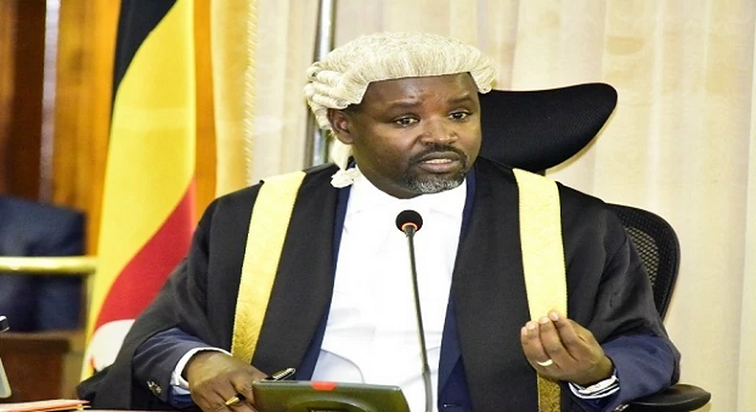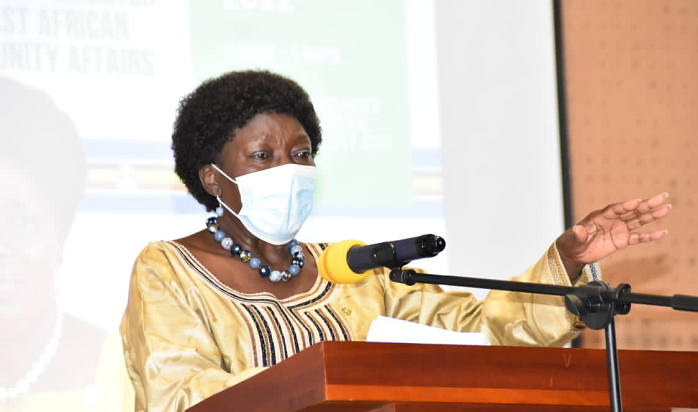Deputy Speaker, Thomas Tayebwa (pictured) has asked Parliament’s Agriculture Committee to scrutinize the issue raised by members of the Civil Society on the new regulations imposed by European Union, requiring all coffee imports to their member states to be grown on deforestation free land, saying this will give an opportunity to Parliament to understand these new regulations.
“I received a petition from the Civil Society on the European Union deforestation free products regulations. I want to refer this petition to the Committee of Agriculture so that we can appraise it and we understand more and see how best we can help our people in terms of compliance about these very critical regulations that are going to affect our sector. A lot of confusion is going on, people don’t know where to start from, Ministry of Agriculture has tried, but I think we need to be brought on board fully, so that we can participate in the sensitization process,” said Tayebwa.
On 5th December 2022, the European Union (EU) Parliament approved the EU Regulation for deforestation-free products (EUDR) to ensure supply chains remain free from products that cause deforestation or forest degradation.
The EUDR which takes effect on 1st January 2025 requires that exporters of commodities such as coffee, cocoa and their derivatives must submit specific documents to export to the EU market.
EUDR will be implemented retrospectively and commodities like coffee that were planted on deforested land from 2021 will not be given access to the EU market.
The EU remains the most important market for Uganda’s coffee. Uganda’s coffee exports in August 2024 amounted to 837,915 60-kilo bags, worth US$ 221.63 million (UShs820bn).
Europe remained the main destination for Uganda’s coffees with a 73% imports share, higher than 72% in July 2024.
According to UCDA’s August report, Italy maintained the highest market share with 35.37% compared to 40.68% last month. It was followed by Germany 20.83%, India 7.08%, Sudan 5.43% and Netherlands 4.94%.





